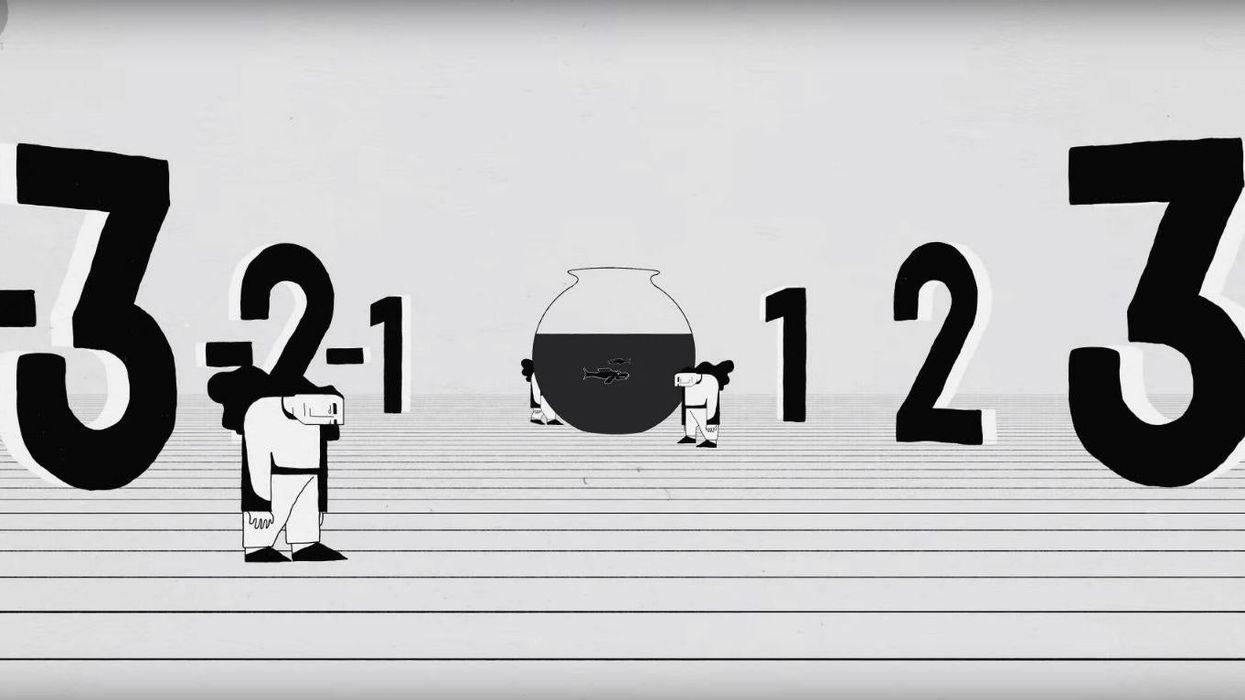News
Narjas Zatat
Apr 17, 2016

What is zero? Is it a number or a concept?
A charming video from *The Royal Institution* traces the origins of zero, and how it helped shape our global civilization:
The Babylonians used two symbols in different arrangements to create unique numbers 1 to 60.
It wasn’t until the Indians began developing their own number system that zero would be defined explicitly - initially with nine number symbols and a small dot used to mark the absence of a number.
In the seventh century mathematician Brahmagupta developed terms for zero in addition, in subtraction and in division.
As the mathematics of India matured, it founds its way eastwards to China and westwards, influencing the Islamic and Arab cultures where it was instrumental in trade.
But zero found resistance in Europe as the Hindu/Arabic system was opposed by the Roman Empires’ established numeral system.
However by the 13th century academics such as the Italian mathematician Fibonacci were championing the new number system in their work, helping zero gain a solid foothold across Europe.
Over the next four hundred years as mathematics evolved from more practical explanations to ever more abstracted functions, zero would form the cornerstone of calculus.
As the binary numerical system formed the foundation for modern computer programming, zero - once again - stepped into the limelight to prove its worth.
Have a look at the video in its entirety, below:
Screenshots via The Royal Institution YouTube
Top 100
The Conversation (0)













